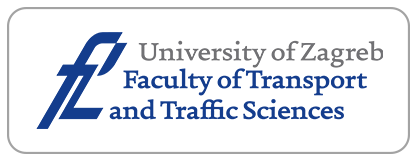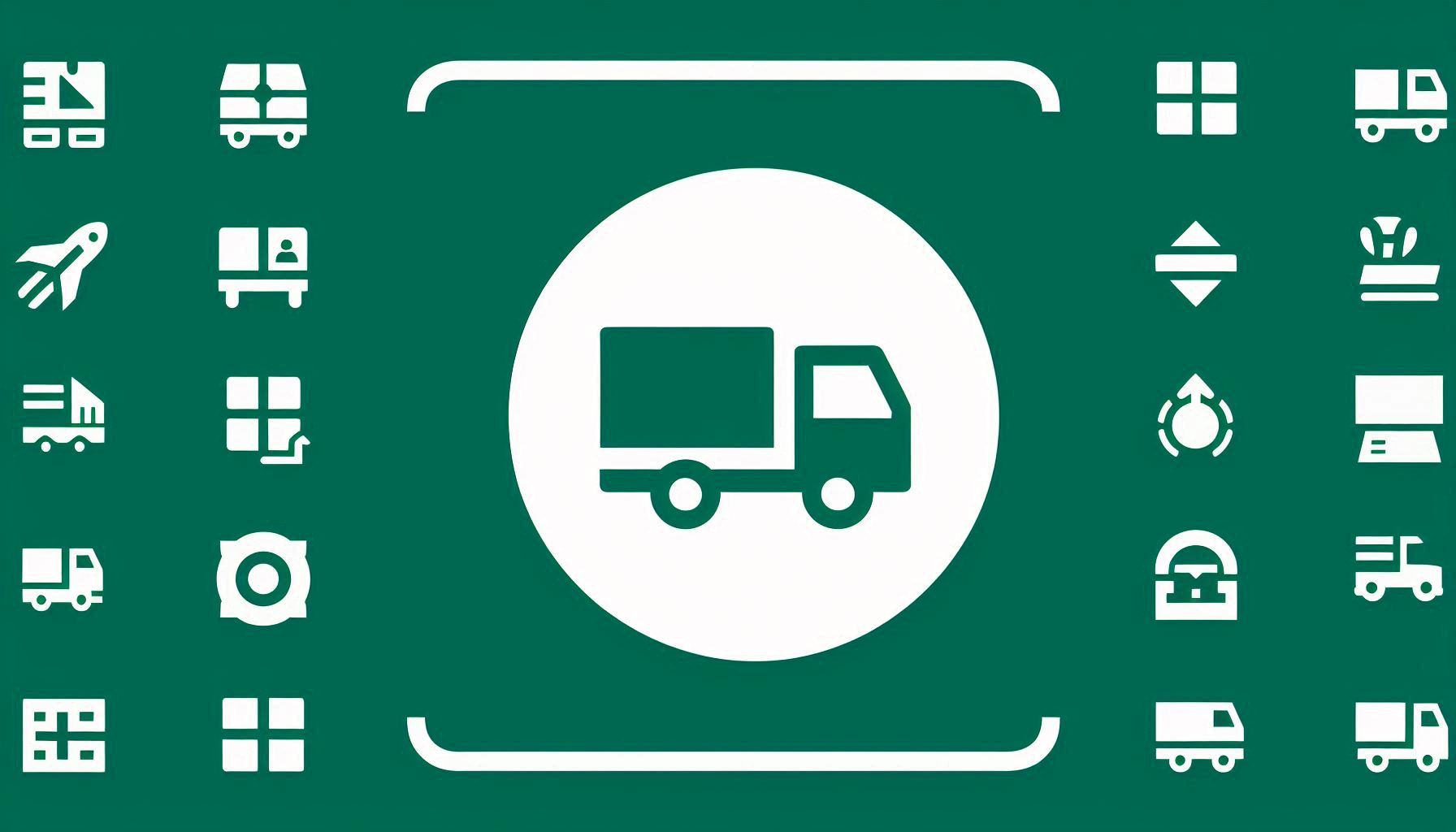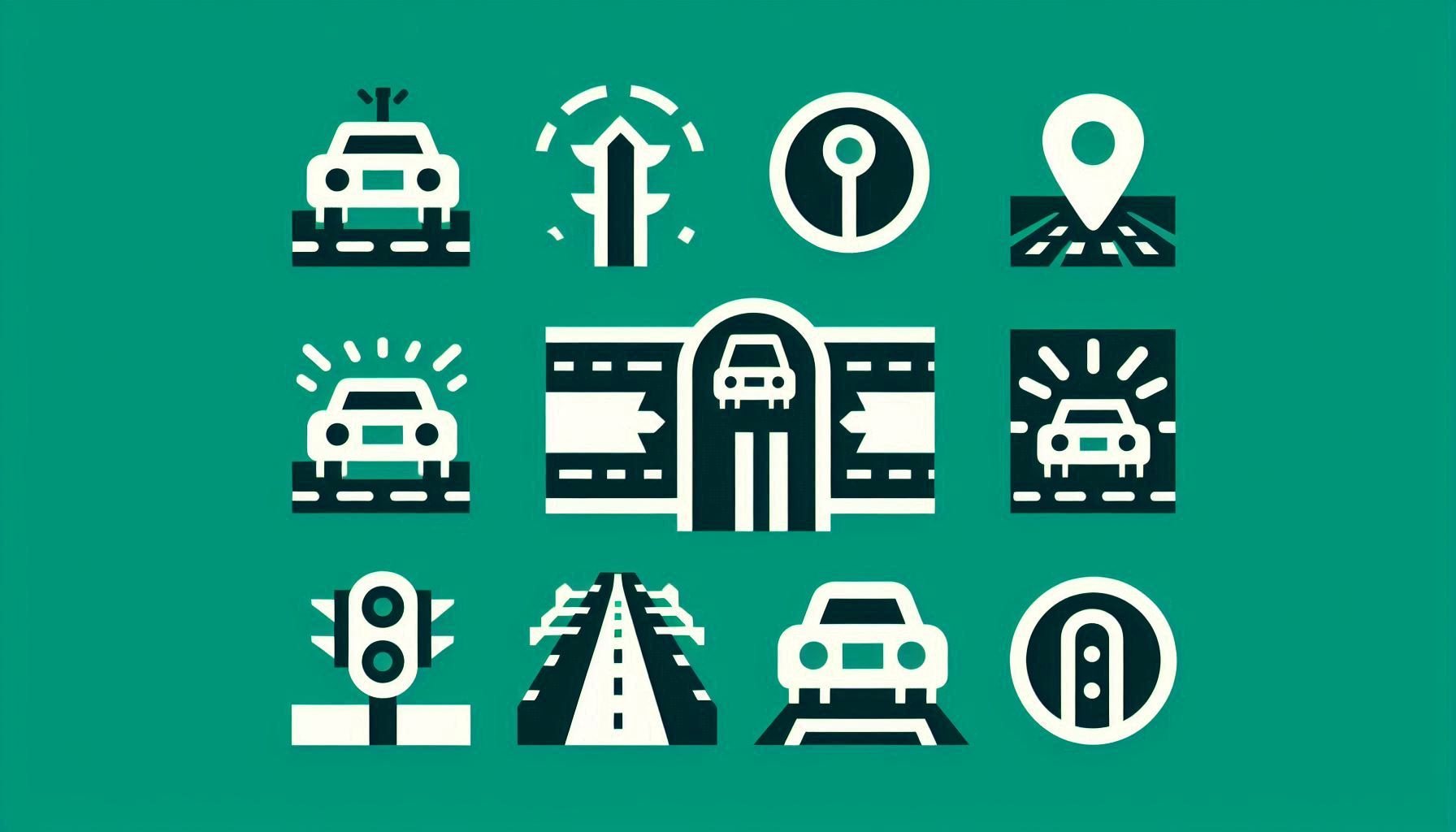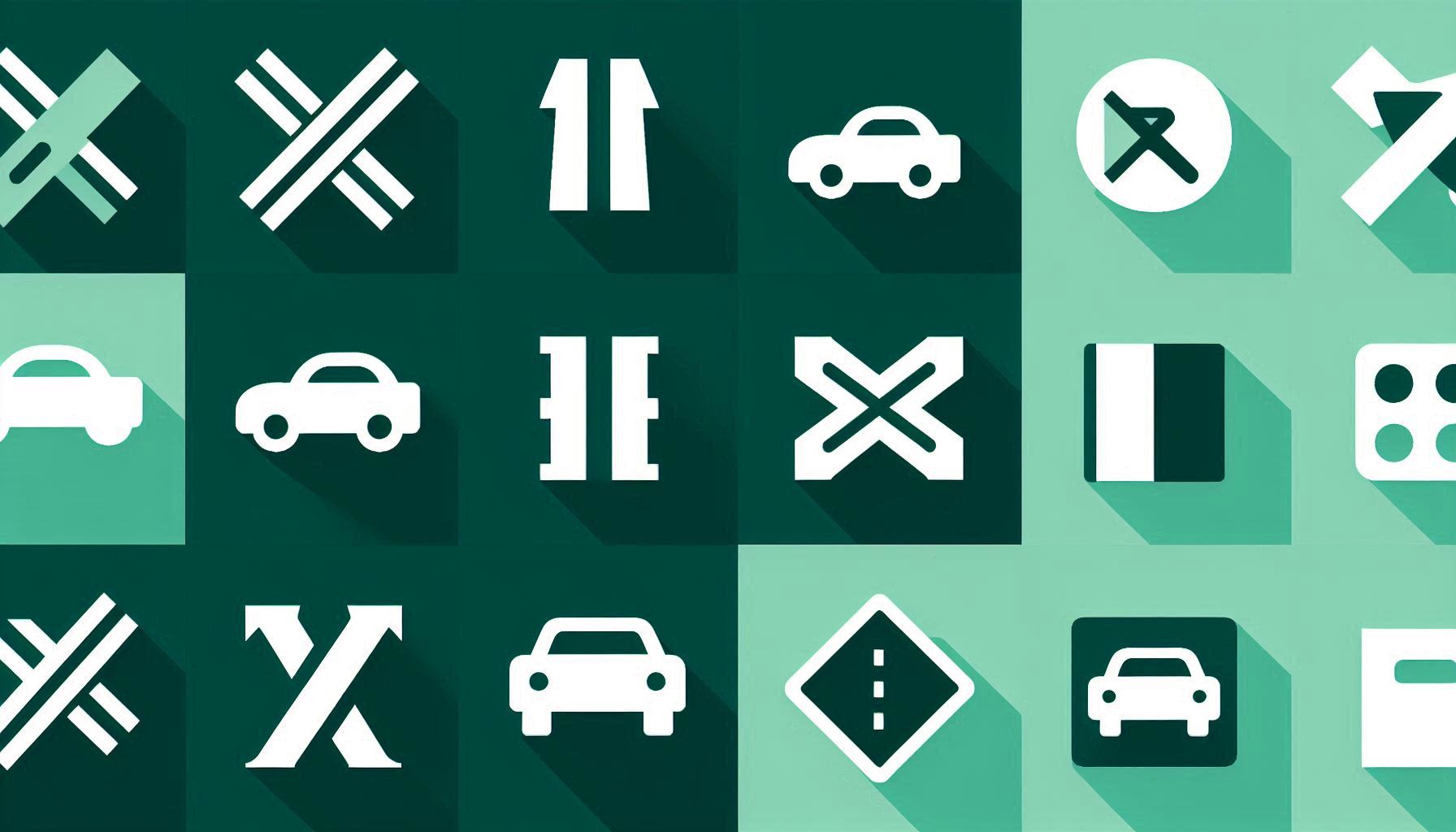Comparative Analysis of the Economic Sustainability of Transport Systems Served by Alternative and Conventional Buses and Coaches
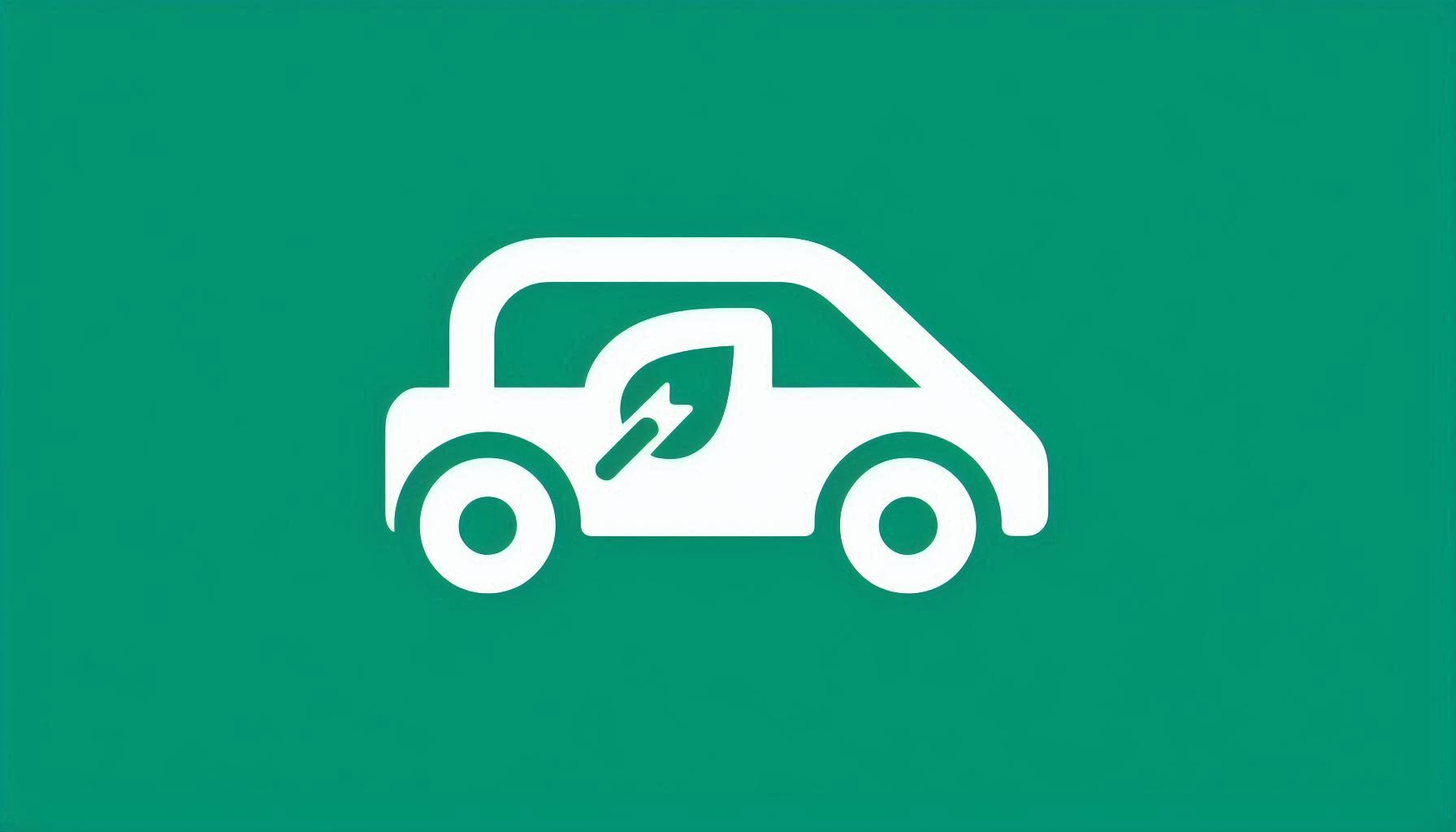
Downloads
Today’s economic and social environment faces several problems and challenges (e.g. energy crisis, inflation, environmental protection), most of which interact with the transport system in two directions. Researchers and relevant organisations have developed several proposals and action plans to mitigate the ‘problem cloud’ for each mobility subsystem, but these tend to focus on a technological, economic or industrial solution rather than a complex one. This includes subsidising the purchase and operation of electric vehicles, encouraging the use of public transport, and developing soft modes of transport. This study develops a multi-layered, complex, cost-oriented methodology to increase the sustainability and economic stability of local and intercity bus and coach public transport. The methodology based on the main technical and operational (maintenance, energy use and storage) parameters of different conventional and alternative propulsion vehicles, as well as on the available forms of financing, taking into account discount rates. The procedure developed will be illustrated with examples from Hungarian cities. The unit costs per kilometre of the different propulsion systems will be examined. The method can be used to determine the most economically efficient and sustainable choice of vehicle propulsion for the public transport service provider, and to obtain a realistic picture of unit costs.
Downloads
Al-Ogaili AS, et al. Review of the estimation methods of energy consumption for battery electric buses. Energies. 2021;14(22),7578. DOI: 10.3390/en14227578.
García A, Monsalve-Serrano J, Sari RL, Tripathi S. Life cycle CO₂ footprint reduction comparison of hybrid and electric buses for bus transit networks. Applied Energy. 2022;308. DOI:10.1016/j.apenergy.2021.118354.
Gray N, et al. Decarbonising ships, planes and trucks: An analysis of suitable low-carbon fuels for the maritime, aviation and haulage sectors. Advances in Applied Energy. 2021;1(100008). DOI: 10.1016/j.adapen.2021.100008.
Hannan MA, Azidin FA, Mohamed A. Hybrid electric vehicles and their challenges: A review. Renewable and Sustainable Energy Reviews. 2014;29:135-150. DOI: 10.1016/j.rser.2013.08.097.
Harris A, Soban D, Smyth BM, Best R. A probabilistic fleet analysis for energy consumption, life cycle cost and greenhouse gas emissions modelling of bus technologies. Applied Energy. 2020;261(114422). DOI: 10.1016/j.apenergy.2019.114422.
Lajunen A. Energy consumption and cost-benefit analysis of hybrid and electric city buses. Transportation Research Part C: Emerging Technologies. 2014;38:1-15. DOI: 10.1016/j.trc.2013.10.008.
Lu C, Xie DF, Zhao XM, Qu X. The role of alternative fuel buses in the transition period of public transport electrification in Europe: a lifecycle perspective. International Journal of Sustainable Transportation. 2023;17(6):626-638. DOI: 10.1080/15568318.2022.2079445.
MacLean HL, Lave LB. Evaluating automotive fuel/propulsion system technologies. Progress in Energy and Combustion Science. 2023;29(1):1-69. DOI: 10.1016/S0360-1285(02)00032-1.
Mahmoud M, Garnett R, Ferguson M, Kanaroglou P. Electric buses: a review of alternative powertrains. Renewable and Sustainable Energy Reviews. 2016;62:673-684. DOI: 10.1016/j.rser.2016.05.019.
Mohamed M, Ferguson M, Kanaroglou P. What hinders adoption of the electric bus in Canadian transit? Perspectives of transit providers. Transportation Research Part D: Transport and Environment. 2018;64:134-149. DOI: 10.1016/j.trd.2017.09.019.
Chinese D, Pinamonti P, Mauro C. A spatially explicit optimisation model for the selection of sustainable transport technologies at regional bus companies. Optimisation and Engineering. 2021;22:1921-1954. DOI: 10.1007/s11081-021-09642-y.
Rupp M, Handschuh N, Rieke C, Kuperjans I. Contribution of country-specific electricity mix and charging time to environmental impact of battery electric vehicles: a case study of electric buses in Germany. Applied Energy. 2019;237:618-634. DOI: 10.1016/j.apenergy.2019.01.059.
Simon B, Tamaska L, Kováts N. Analysis of global and local environmental impacts of bus transport by LCA methodologies. Hungarian Journal of Industry and Chemistry. 2020;39(2):155-158. DOI: 10.1515/293.
Szumska E, Sendek-Matysiak E, Pawełczyk M. Life cycle cost assessment of urban buses equipped with conventional and alternative propulsion drive. WUT Journal of Transportation Engineering. 2018;120:395-404. DOI: 10.5604/01.3001.0014.4792.
Szumska EM, Jurecki RS, Pawelczyk M. Life Cycle Cost (LCC) level of an urban transport fleet with differentiated share of buses with alternative drive systems. Komunikácie. 2020;22(3):68-77. DOI: 10.26552/com.C.2020.3.68-77.
Wang R, et al. Can propulsion and fuel diversity for the bus fleet achieve the win-win strategy of energy conservation and environmental protection? Applied Energy. 2015;147:92-103. DOI: 10.1016/j.apenergy.2015.01.107
Xu X, Han L. Operational lifecycle carbon value of bus electrification in Macau. Sustainability. 2020;12(9):3784. DOI: 10.3390/su12093784.
Yong JY, Ramachandaramurthy VK, Tan KM, Mithulananthan N. A review on the state-of-the-art technologies of electric vehicle, its impacts and prospects. Renewable and Sustainable Energy Reviews. 2015;49:365-385. DOI: 10.1016/j.rser.2015.04.130.
Skrúcaný T, et al. Impact of the electric mobility implementation on the greenhouse gases production in central European countries. Sustainability. 2019;11(18):4948. DOI: 10.3390/su11184948.
Konečný V, et al. Environmental sustainability of the vehicle fleet change in public city transport of selected city in central Europe. Energies. 2020;13(15):3869. DOI: 10.3390/en13153869.
Skrúcaný T, et al. Environmental comparison of different transport modes. NAŠE MORE. 2018;65(4):192-196. DOI: 10.17818/NM/2018/4SI.5
Kruchina V. The possibility of electrification in public transport bus services. In: Horváth, Balázs; Horváth, Gábor (ed.) XIII. International Conference on Transport Sciences / XIII. Nemzetközi Közlekedéstudományi Konferencia, Győr : Multimodality and sustainability / Multimodalitás és fenntarthatóság. Győr, Hungary: Közlekedéstudományi Egyesület, 2023. p. 137-144.
The latest official exchange rates of the MNB. https://www.mnb.hu/arfolyamok Accessed 07.11.2023 [Accessed 5th December. 2023].
Organization of petroleum exporting countries. https://www.opec.org/opec_web/en/data_graphs/40.htm [Accessed: 07th November. 2023.].
Real-time electricity tracker. https://www.iea.org/data-and-statistics/data-tools/real-time-electricity-tracker?gclid=Cj0KCQiAjMKqBhCgARIsAPDgWlw6NjrSVIry3Jv5f33IB6UVPApMjzGmkrSLa1N4L4TmQh5G4ekxwSgaAicyEALw_wcB [Accessed: 07th November. 2023.].
Map of natural gas vehicle (NVG) compressed natural gas (CNG) filling stations in Europe. https://cngeurope.com/ [Accessed: 07th November. 2023.].
Hydrogen cost and sales prices. https://h2v.eu/analysis/statistics/financing/hydrogen-cost-and-sales-prices [Accessed: 07th November. 2023.].
Business plan of paks transport ltd. for the year 2022. https://paksbusz.hu/wp-content/uploads/2022/09/MUK-120-3_Paksi-Kozlekedesi-Kft._Uzleti-terv-2022_v3.pdf [Accessed: 03rd October. 2023.].
To make bus travel attractive again. https://www.busworldblog.com/post/paksbusz [Accessed: 02nd October. 2023.].
2021 report to the city of Gödöllő on the public local passenger transport services provided by bus and coach. VOLÁNBUSZ Zrt. 2022.
Sakhno V, et al. Maneuverability and movement stability of buses of the especially large size class. Periodica Polytechnica Transportation Engineering. 2024;52(1):104–112. DOI: 10.3311/PPtr.21856.
Vámosi A, Czégé L, Kocsis I. Development of bus driving cycle for Debrecen on the basis of real-traffic data. Periodica Polytechnica Transportation Engineering. 2022;50(2):184–190. DOI: 10.3311/PPtr.16109.
Al-Lami KJ. Analysis of bus transportation mode in central Europe. Cognitive Sustainability. 2022;1(4). DOI: 10.55343/cogsust.42.
Copyright (c) 2025 András LAKATOS, János TÓTH, Ádám TÖRÖK

This work is licensed under a Creative Commons Attribution-NonCommercial 4.0 International License.





